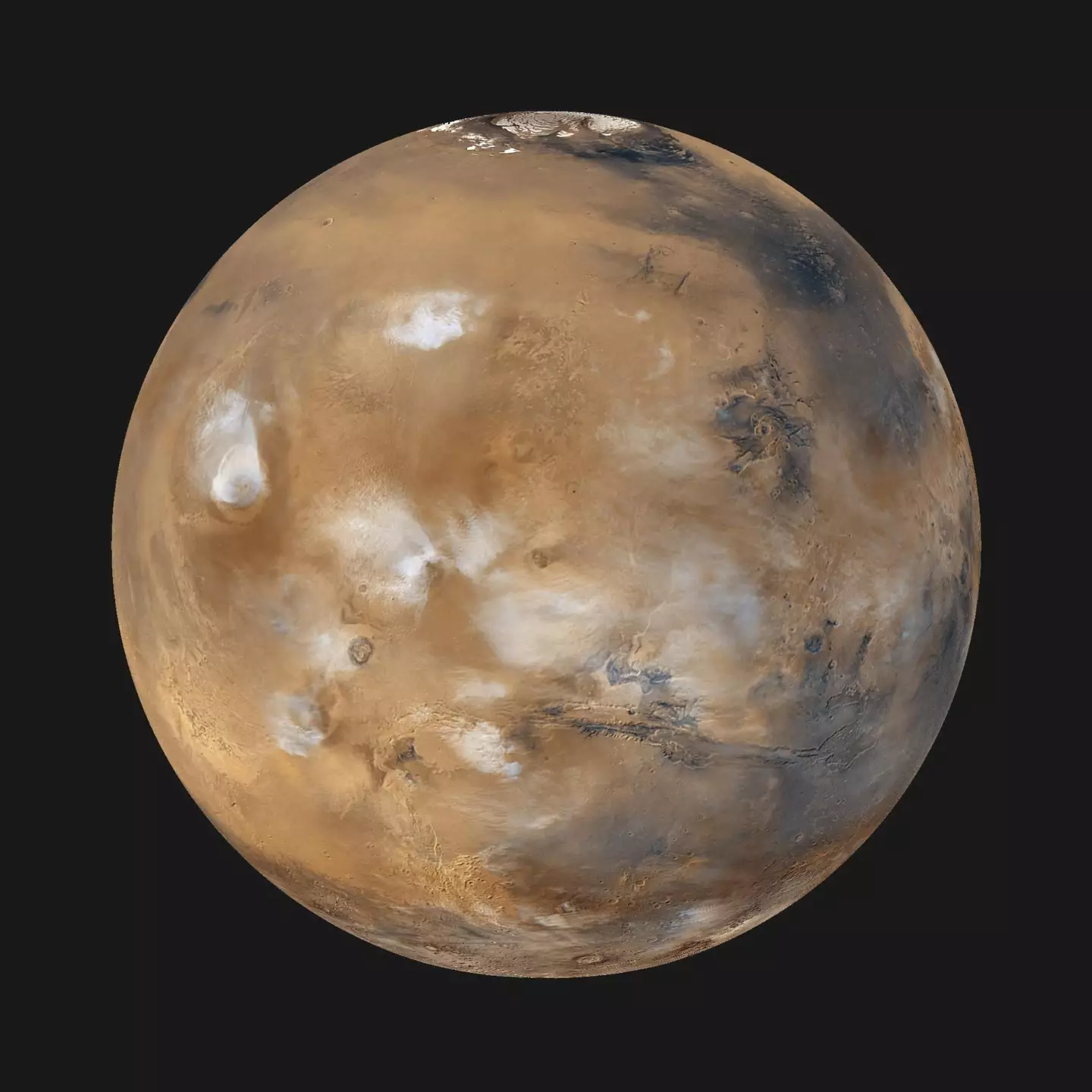
Thanks to a NASA rover, scientists have found intriguing evidence that Mars could once have been habitable for life.
The new information comes from NASA's Mars 2020 Perseverance Rover, which has been searching the planet for evidence of microbial life.
NASA scientists are currently focusing their efforts on the 28-mile-wide Jezero Crater, which is believed to be the spot where a lake once joined a river.
Advert
Now, the author of a new study, published in Science Advances, has revealed that samples obtained by the rover are promising in potentially proving these theories.
If it is indeed a delta, this is further evidence there was once water on Mars, which could have meant it was habitable for life.
One exciting line from the study reads: "The delta deposits in Jezero crater contain sedimentary records of potentially habitable conditions on Mars."

“From orbit we can see a bunch of different deposits, but we can't tell for sure if what we're seeing is their original state, or if we're seeing the conclusion of a long geological story," planetary scientist David Paige, from the University of California Los Angeles, wrote.
"To tell how these things formed, we need to see below the surface."
Fortunately, the Perseverance Rover has been able to do exactly that, as it's able to map layers of soil as far as 10 meters below the surface, and so far has been successful in collecting sediment samples.

The findings of the rover won't be fully known until it returns to Earth, but so far it is proving to be a potential breakthrough in the search to discover whether life once existed on Mars.
“This sequence of events reinforces the notion that Jezero crater has recorded a rich geological history that was driven by large-scale changes in the Martian environment," the study explains.
"A more complete understanding of these events may need to await the return and analysis of the Perseverance samples."
This is a really exciting step for mankind.
